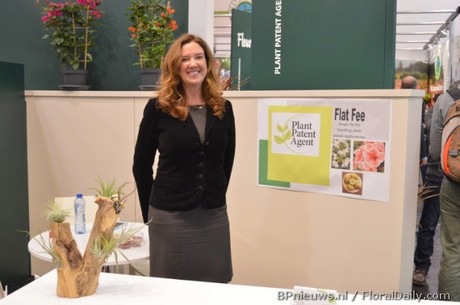In the US, the 2018 Farm Bill passed with language allowing the U.S. Plant Variety Protection Office (PVPO) to accept application for protection vegetatively propagated varieties. Protection through the PVPO has long been offered for seed propagated crops, such as corn and soy beans.
Currently there are 3 avenues for IP protection for plants in the United States.
- A certificate from the PVPO, which has only been available for seed propagated crops. The PVPO operates under the USDA.
- Though the US Patent Office, plant breeders can obtain a plant patent. This is the protection most professional horticulturists are most familiar with. US Plant Patents are exclusively for vegetatively propagated varieties.
- Utility Patents, which have largely been used for seed propagated crops, as well as some new and interesting patents for vegetatively propagated plants, including Cannabis.
For now, these new applications cannot yet be filed with the PVPO. "We are expecting the first information regarding the new rules from the PVPO later this Spring, which will be followed by a public comment period", says Cassy Bright, Registered Patent Agent. The final regulations are expected to be published in the Fall of 2019. In its rule making process, the PVPO has sought input from various sources, including ASTA and American Hort.

Cassy Bright at the IPM Essen
"There are many open questions at this point regarding the process and scope of potential protection", Cassy continues. "Will DUS tests be accepted from other countries? How will biological deposits be handled? Many of our breeder clients are especially interested to nail down how this will differ from the patent process, and patent rights. Especially in regards to potential protection related to breeding with protected varieties. It will be an exceptionally interesting year for new variety intellectual property rights."
For more information:  Plant Patent Agent
Plant Patent Agent
Cassy Bright
cassy@plantpatentagent.com
www.plantpatentagent.com
